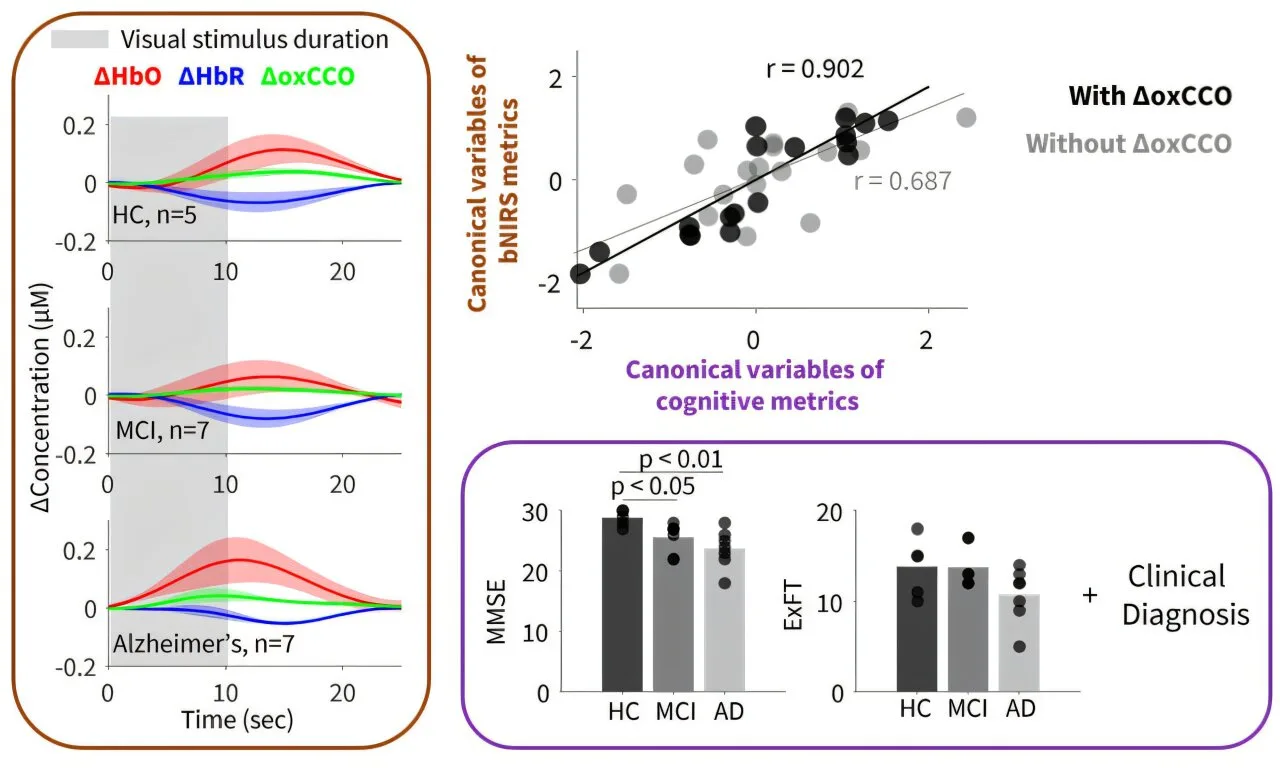The Quest for Early Dementia Detection
Diagnosing dementia early and with precision is still a significant hurdle in healthcare. While tools like MRI and PET scans offer insights into the brain’s condition and activity, they come with drawbacks.
Limitations of Current Diagnostic Methods
- High Costs: The expense of MRI and PET scans can be prohibitive, especially for repeated monitoring.
- Accessibility Issues: These advanced imaging technologies aren’t readily available in all locations.
- Inconvenience: The need for specialized equipment and trained personnel adds complexity to the diagnostic process.
Why Early Detection Matters
The ability to identify dementia in its early stages is crucial for several reasons:
- Improved Treatment Outcomes: Early intervention can help manage symptoms and potentially slow disease progression.
- Enhanced Quality of Life: Timely diagnosis allows individuals and their families to plan for the future and make informed decisions.
- Research Advancement: Early detection facilitates participation in clinical trials and contributes to a better understanding of dementia.
Exploring Alternative Diagnostic Approaches
Given the limitations of current methods, researchers are actively exploring alternative approaches for early dementia detection. These include:
- Blood-based biomarkers: Identifying specific proteins or other molecules in the blood that indicate the presence of dementia.
- Cognitive assessments: Developing more sensitive and accurate tests to detect subtle changes in cognitive function.
- Digital tools: Utilizing technology, such as smartphone apps or wearable devices, to monitor cognitive performance and identify potential warning signs.
Final Overview
The pursuit of early and accurate dementia diagnosis is an ongoing effort. Overcoming the limitations of existing methods and exploring innovative approaches are essential for improving patient outcomes and advancing our understanding of this complex condition. As research progresses, we can expect to see more accessible, affordable, and effective tools for detecting dementia in its earliest stages.




+ There are no comments
Add yours